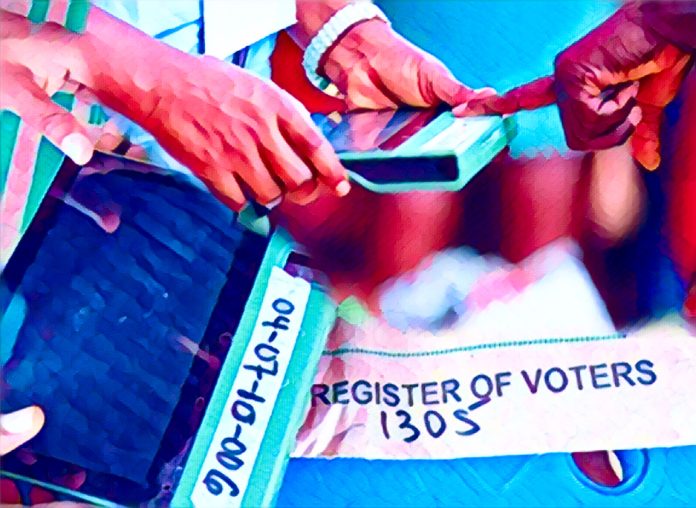KEY POINTS
- Technology has improved voter registration, verification, and result collation in Nigerian elections.
- Challenges include the digital divide, cybersecurity risks, and limited digital literacy.
- Expanding infrastructure and education can maximize the benefits of electoral technology.
Election is a fundamental right in any democratic country and the improvement of technological advancement has been a revolution in Nigeria’s electoral process.
In the past, the goal of technology has been to solve issues like ballot rigging, voter exclusion and intimidation, or lack of openness and fairness in the election processes.
Nigeria as Africa’s largest democracy is setting record of other Nations on the use of technology in general election.
Technology’s impact on Electoral Processes in Nigeria
Technology has significantly reshaped the electoral landscape in Nigeria, particularly in the areas of voter registration, voting, and result collation.
This new frontier was initiated when the Independent National Electoral Commission (INEC) adopted the Biometric Voter Registration (BVR) system in 2011.
This system introduces the use of such biometric features as fingerprint and facial images to develop an authentic voters’ register and eliminate incidences of multiple registration and voters’ impersonation.
Other related innovations in the area of electronic voting technologies have also been considered with the aim of optimizing voting activities.
Although, Nigeria has not adopted e-voting in full its attempts such as the application of the Smart Card Readers (SCRs) in the 2015 general elections was instrument in enhancing the identification of the voter at the polling unit.
This in large brought down cases of ballot stuffing and multiple voting hence increasing the credibility of the election.
Technology has also impacted on result collation and announcement. INEC introduced the INEC Result Viewing Portal (IReV) in 2020, allowing citizens to monitor election results in real time.
This platform has enhanced accountability, and the process can now be followed easily by Nigerians as the results are uploaded from polling units.
Challenges in leveraging technology for Elections
However, applying technology in Nigerian election has had its own challenges.
Rural, low income as well as underserved areas are some of the concerns as they cannot support technological advancement.
Technological threats are yet another factor that can lead to the decline of credibility of the elections, based on the disruption of cybersecurity threats.
Hackings, data breaches or any other event that brings out wrong information in the electoral process poses a significant threat into the faith that people have developed within the electoral process.
This challenge calls for increased rigidity of protection of electoral systems against cyber threats as well as overall improvement of cybersecurity.
Another persistent issue is the human factor, as the effective use of technology depends on adequate training for electoral officials and voters.
The future of technology in Nigerian Elections
The continued integration of technology in Nigerian elections holds immense potential for improving democratic processes.
Furthermore, in order to maintain investment in electoral technology the country needs to focus efforts on strengthening the electoral machinery, especially in the rural communities where there is an absence of equal access to the technologies.
Security of a nation’s electoral systems should continue to be of prime importance to protect against any cyber threats.
Together with the representatives of international organizations and technological companies, it is possible to adopt enhanced measures to stop cyber attacks and data manipulation.
Another prerequisite is the education, information campaigns on the use of technologies by the voters, and advanced usage of the technological equipment by the election officers.
In conclusion, Technology needs to support democracy by enhancing free, fair and credible election in Nigeria.



